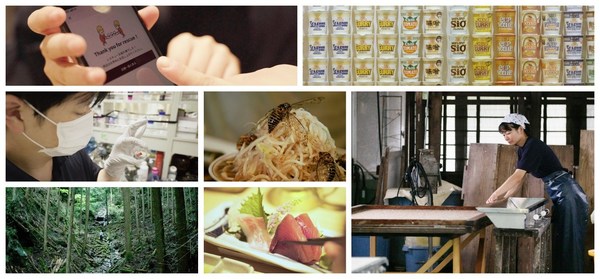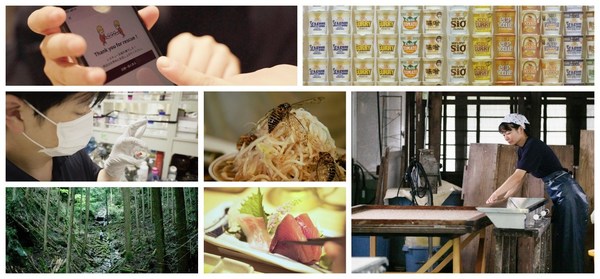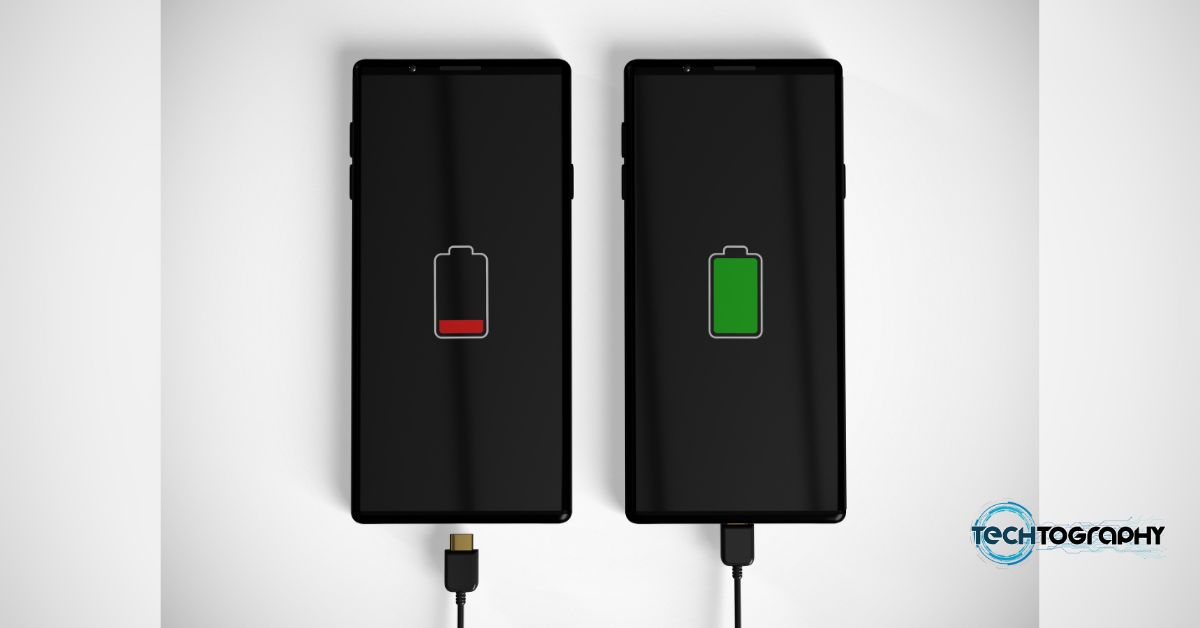A week of special coverage begins December 21, with a 30-minute program airing December 26-27
HONG KONG, Dec. 17, 2020 /PRNewswire/ — On this month’s ‘Eco Solutions’, CNN international correspondent Selina Wang explores how many people in Japan are now looking to tackle the problem of food waste head on – rethinking how we eat and conserving precious resources. In this 30-minute special, CNN meets the scientists and pioneers racing to find smart ways to make more and waste less.
As diners increasingly weigh up the environmental costs associated with consuming livestock, many are looking to unique meat alternatives. In his Tokyo restaurant Antcicada, entrepreneur Yuta Shinohara is looking to promote a sustainable and high-protein alternative to meat: insects. Shinohara is changing perceptions of insect food, serving up everything from gourmet cricket-based ramen to silkworm sausages.
Iconic Japanese company Nissin, famous for the Cup Noodle, is betting on the rise of eco-friendly comfort food. CNN learns about the company’s latest project: a new steak-flavored ramen featuring meat grown in a lab. Nissin is collaborating with Tokyo University professor Shoji Takeuchi to develop this meat, which is grown from animal stem cells. In his lab, Takeuchi explains how this invention could cut emissions and feed a growing population.
Each year, Japan throws away millions of tons of still edible food. This problem of food waste has led some to find creative ways to champion the spirit of mottainai – a centuries old concept rooted in the philosophy of respecting the value in all things. Uchiyama Masahiro’s new mottainai project restaurant serves up misshapen but perfectly edible dishes made from seafood which would otherwise have been discarded. Meanwhile, Kazuma Kawagoe’s app ‘Tabete’ matches users with eateries offering discounted food before it’s thrown away.
Food scraps are also revitalizing the Japanese paper tradition. CNN travels to Echizen, birthplace of the craft of making traditional Japanese paper, or washi. Here, artisans still make washi by hand – including Masami Igarashi, who is giving the 1500-year-old craft an eco-friendly update. She uses vegetable peels and other food waste as the basis of her paper products. This year, she even launched a line of biodegradable stationary products made up of her ‘food paper’.
Japan uses billions of disposable wooden chopsticks, or waribashi, every year – but most of these are imported from unmanaged forests, claiming millions of trees annually. CNN hears from Yoshihiro Takeuchi, a craftsman from a new generation of waribashi designers working to produce upcycled chopsticks by only using scraps of trees from sustainably managed forests. CNN also meets Tokyo-based designer Eko Hayashi, who co-created a waribashi-making kit, including tools and upcycled cypress, in the hopes of attracting a new audience to the work of waribashi craftsmen.
Eco Solutions Japan trailer: https://bit.ly/381YM0c
Eco Solutions Japan images: https://bit.ly/2LrShwh
Eco Solutions microsite: https://cnn.it/3gAR7tQ
Airtimes for 30-minute special:
Saturday, December 26 at 2:00pm HKT
Sunday, December 27 at 11:00am and 7:00pm HKT
About CNN International
CNN’s portfolio of news and information services is available in seven different languages across all major TV, digital and mobile platforms, reaching more than 475 million households around the globe. CNN International is the number one international TV news channel according to all major media surveys across Europe, the Middle East and Africa, the Asia Pacific region, and Latin America and has a US presence that includes CNNgo. CNN Digital is a leading network for online news, mobile news and social media. CNN is at the forefront of digital innovation and continues to invest heavily in expanding its digital global footprint, with a suite of award-winning digital properties and a range of strategic content partnerships, commercialised through a strong data-driven understanding of audience behaviours. CNN has won multiple prestigious awards around the world for its journalism. Around 1,000 hours of long-form series, documentaries and specials are produced every year by CNNI’s non-news programming division. CNN has 36 editorial offices and more than 1,100 affiliates worldwide through CNN Newsource. CNN International is a WarnerMedia company.




